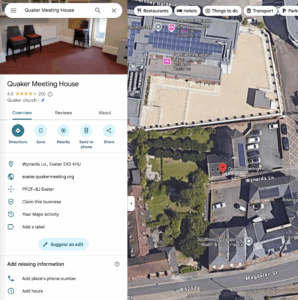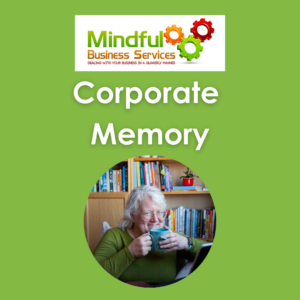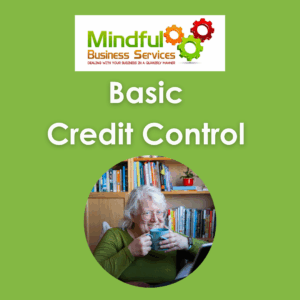
Membership is a tricky word
Quakers talk about Membership (note the capital M) and mean someone who has formally been recorded as a member of a specific Area Meeting.
But in this post, I’m thinking about what helps us feel that we belong to a worshiping community – whether or not we’ve been formally recorded.
Once, someone mentioned that people weren’t applying for membership because then they’d be expected to do things and there was uncomfortable laughter.
Which made me sad! Joining in with others to give service and work in a group has been so rewarding for me over the years.
That service can be anything from sitting in a vigil, to dealing with spreadsheets, to helping in the garden or with a committee. Knowing that what I am doing is needed and appreciated makes me feel part of the community.
Inclusion
Quakers are a fairly young religion, only 400 years or so. In the early years there wasn’t a formal membership – and indeed it could be dangerous to have that label attached.
Now, we have a formal membership process, illustrated by the annual Tabular Statement, and every year there is a flurry of statistical results done on the data. Inevitably someone will say, “Quakers will be gone by xxxx“.
I’d rather focus on being a Quaker and finding other Quakers to be a Quaker with. My family and I moved last year and an essential criteria for the new house/area was ‘a Quaker Meeting’.
However, I attend online worship and feel a member of those communities too. Over my lifelong journey through Quakers I’ve belonged to so many different meetings, groups of meetings, communities, committees, informal groupings and all of them have changed and enriched my life in some way.
I’m looking forward to attending Yearly Meeting next month, meeting Ffriends old and new. I’m looking forward to hearing about the FWCC Plenary Sessions being held in August as I’m attending & volunteering at the World Science Fiction Convention which clashes…
Some of my fondest memories are of sitting down with a group of people, talking while eating, or doing something else with our hands. Not necessarily anything terribly productive but building memories and learning about each other ‘in the things that are eternal‘ as well as those that are definitely fleeting.
Jobs for everyone
Clients often tell us that they don’t have enough people to do xxx. At my own local meeting this is definitely true – we don’t have enough people to do everything we want to do. Especially if we have fixed ideas as to how things should be done.
At the other end I’ve heard from people who felt excluded from giving service to a group or community for a variety of reasons – or even prevented/ their offers declined – and how this stopped them from feeling that they were valued or a member. Such feelings mean they often ended up drifting away from that group.
So – how can we build feelings of membership, belonging and community?
Breaking the jobs down
During the years Vin & I were residential wardens we ran working days, some more successful than others. We wanted to include anyone who wanted to join in, and discovered that ensuring there were things that could be done by anyone and everyone was essential. We had jobs listed out on post-its and index cards which had ‘skills’, ‘tools’ and ‘scope’ of the job. These included such things as ‘some skill in using power tools’ and the scope section would have ‘work alongside someone else to gain experience’.
When we had toddlers helping with gardening by picking all the dandelions, and cleaning chalk and dirt off of the summerhouse with water and cloths, and parents telling me they felt included rather than excluded we knew the preparation was worth it.
At the other end we had ‘supply…. cake/encouragement/praise/tea & coffee’ for those who felt they were beyond power tools and physical tasks. Another list which was received happily!
We kept our lists to use again next year – somehow those dandelions return, things need cleaning again and there is always a need for refreshments – physically and emotionally!
- Is there a way you can re-examine your list of jobs to break down what is needed, to suggest groups which might together be able to do things as we outlined briefly above?
- Can you combine fun occasions with service?
- How do you encourage people to feel valued and appreciated as members of the community?
Further reading
- Quaker.org.uk/Communities
- Chapter 10: Belonging to a Quaker Meeting
- Chapter 11: The Meaning of Membership
- Reshaping our Understanding of Quaker Community by Jon Martin
- Reducing Violence from Within by Sing Sing Worship Group
- Deepening Community and Building Spiritual Connections by Oliver Robertson
- Friends Journal’s May edition was on Membership you can explore it free here – two articles are linked below

Wendrie Heywood
MBS Founder








